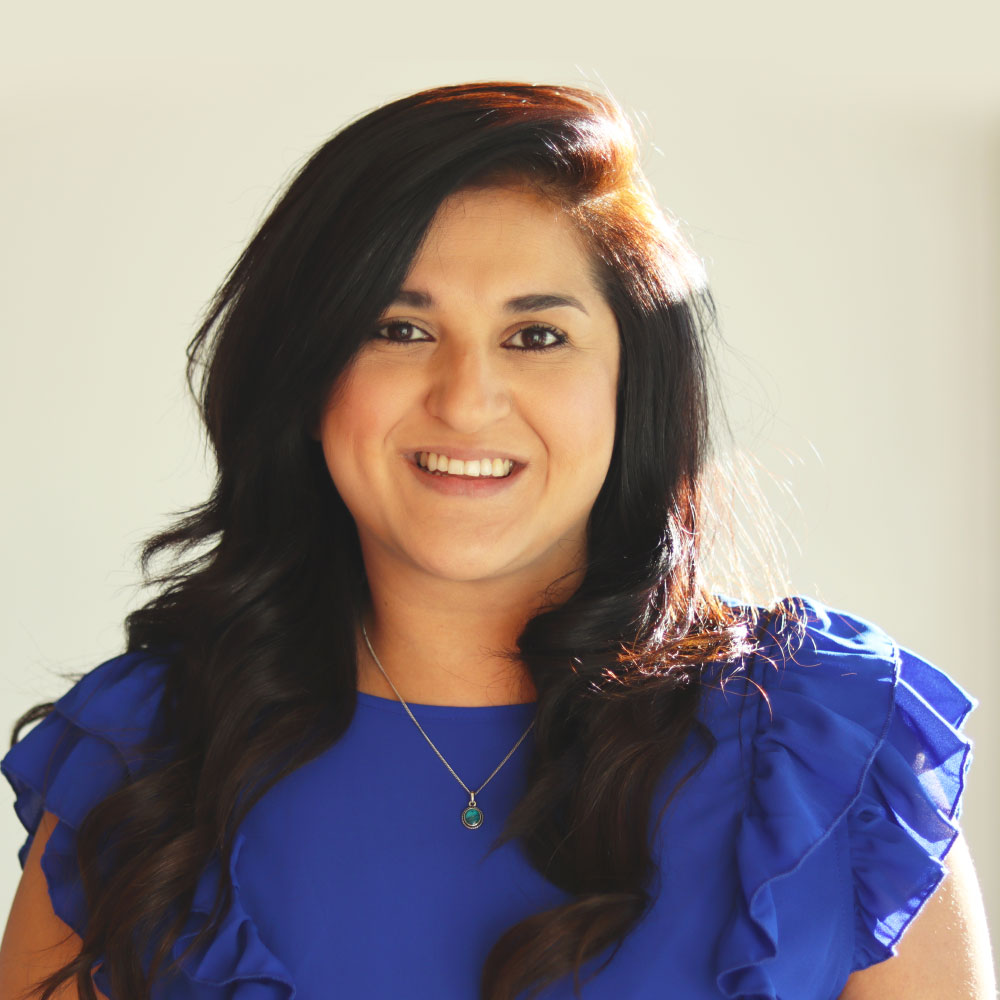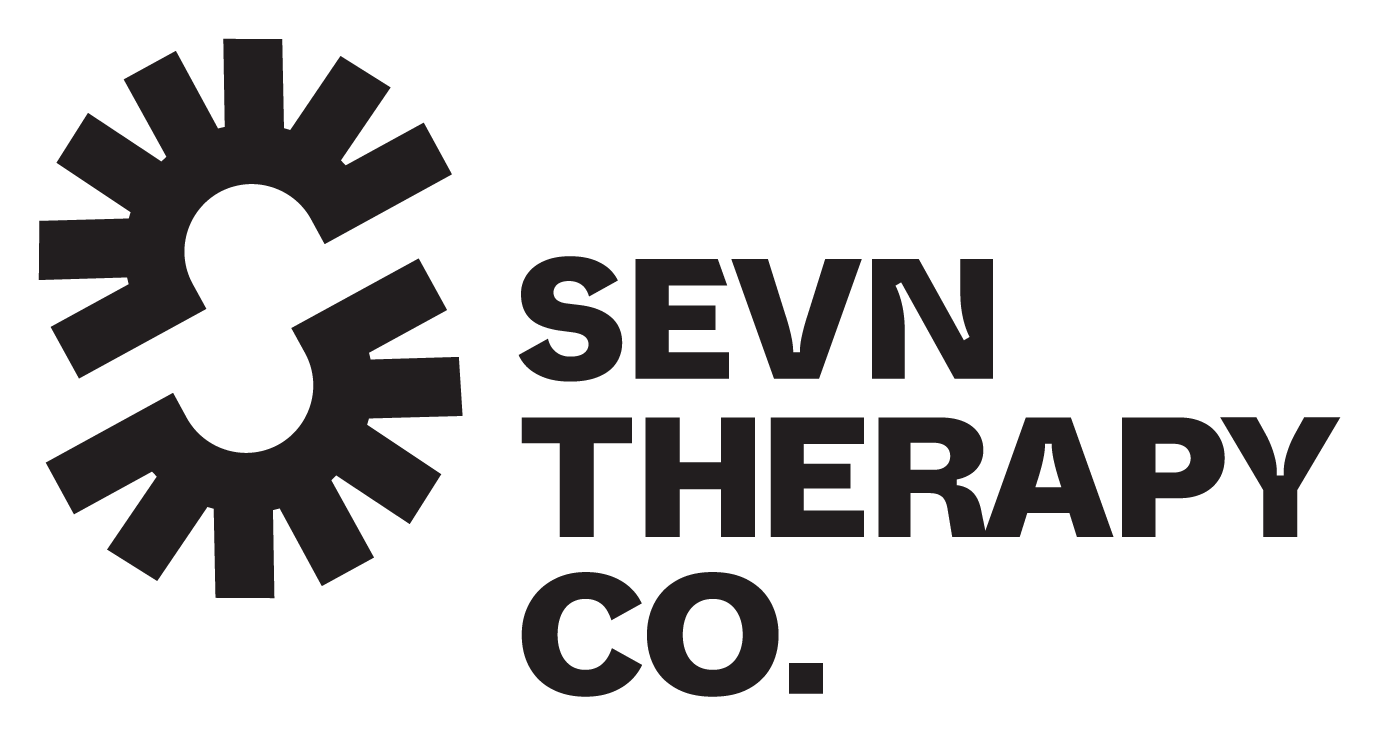Counseling vs. Therapy: What’s the Difference?

Today, counseling and therapy are mostly synonymous. There is basically no difference between these two terms, as both are interchangeable in the mental health field. The same goes for the profession – counselor or therapist – they are one in the same. This profession refers to trained specialists in the field of mental health that help with healing conversations, conducting assessments, and treating an array of mental and emotional disorders.
However, if you want to get technical, the terms originated under slightly different umbrellas. In the mental health field, a therapist usually means a psychotherapist who is trained in using psychotherapeutic techniques to treat mental illness. Therapists use a wide variety of theories and perspectives in treatment. The term psychotherapy has been derived from the specific field of psychology, which is the study of the mind. In many states, marriage and family therapists, clinical social workers, mental health workers and even sometimes psychologists are interchangeable with the term “therapist.”
Counseling, on the other hand, originated from a somewhat different basis. In the world of mental health, a counselor is someone who has specifically studied counseling. The word counseling came from the works of the child guidance movement and from the research on human development. A counselor is a specifically trained licensed professional in the mental health field. “Mental health counseling” is a relatively young term that’s only been around for about 30 years or so. Counselors can practice in various fields, such as career counseling, that the more traditional therapists may not have been trained in.
Now that we have cleared up some of the lingo, let’s look at the roles of both professions.
What does a therapist do?
Therapists practice the art of therapy and focus on more long-term treatment. There is a very wide net of therapies associated with mental health treatment. A few examples include play therapy, art therapy, animal/emotional support therapy, and music therapy. There are so many kinds of therapies that it may take quite a while to create a comprehensive list!
Therapists help clients address and highlight their feelings and issues. Topics such as dissonance, individualization, co-dependence, projection, and manifestation are all clearly defined and used by therapists to help the client understand themselves and their situations better. Therapists usually only work one on one with individuals and focus on getting to the root of the problem that the individual is dealing with.
What does a counselor do?
Counselors are usually in the front lines of dealing with and treating trauma and suffering. Counselors focus more on advising, encouraging, and helping to guide their clients. Counselors focus mainly on behavior modification. Some examples of counseling would include addiction counseling, couples counseling, family counseling, etc. Unlike therapists, counselors can work with not only individuals, but also couples, families, or larger groups.
So, who are the licensed professionals at SEVN Therapy Co.?
At SEVN Therapy Co. we use both the terms therapists and counselors interchangeably. All the licensed professionals at our practice are well-equipped in various therapies, theories, and techniques. Although all of us have our own little “niches,” we are all proficient in working with individuals, couples, and families. Personally, I feel like classifying myself as either a therapist or a counselor would be a grave injustice. So whether you are looking for some healing, guidance, therapeutic treatment, or support, use this link or call our office at 817-778-0522 to set up an appointment with me today. Let me help you with whatever it is you need.

Sonia Noorany, LPC-Associate
Supervised by Scott Martindale, LPC-S



